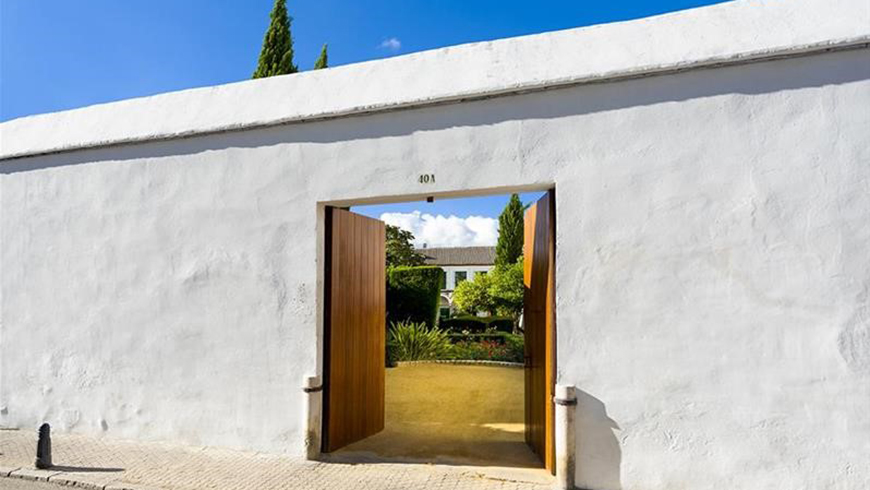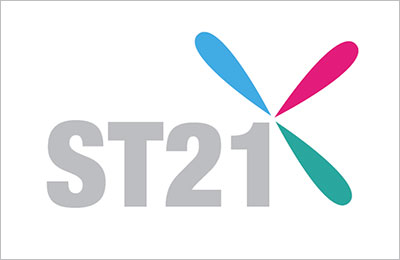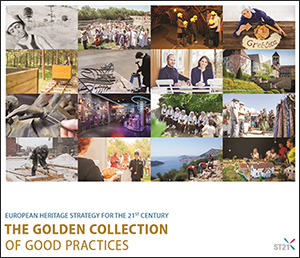Location of the initiative:

Relation to Strategy 21 Recommendations:
S2: Make heritage more accessible
Time span of the initiative:
Start Date: 2017 / End Date: 2019
Motivation / Methodology
The Project is based on the use of extended reality teaching resources prepared by architecture students from the University of Seville. A 360º video and an application have been created that allow to carry out an on-site heritage itinerary of Seville from anywhere. The main objective is to increase the accessibility of heritage, especially aimed at integrating people who suffer from some degree of intellectual disability. In this way, students of architecture are encouraged to integrate in their work how this social group understands the architectural space. For this purpose, students use tools such as extended, virtual, and 3D reality, super-expandable images and an easy reading system through pictograms.
Obstacles / Barriers
During the project we faced the lack of knowledge and training of architecture students in communication systems adapted for intellectual disability, such as easy reading techniques, pictograms or audio descriptions.
In the long term, we face problems to continue the project, its application and updating. We would need to find computer specialists to update the app and facilitate its individual adaptation to each intellectually disabled person.
Change / Impact
Based on the experience with the people involved and the users of this app, first we have verified the usefulness of this project by involving architecture students in “Design for All”. Second, we are aware that associations dedicated to people with cognitive disabilities, such as Asociación Tal Como Eres in Seville, are using this tool to prepare a cultural visit with them, allowing them to experiment beforehand, which alleviates their insecurity.
And third, a cross-border participation project (Nr. KA229-52B00802) has been launched within the Erasmus + program that includes the Institute of Secondary Education Punta del Verde in Seville, Spain and the Istituto Comprensivo del Tronto e Valfluvione in Marsia, Italy. Both institutes have specific classrooms with differentiated training for people with cognitive disabilities and they have participated in the development of the app within their different capacities.
Lessons learned
The main lesson has been to understand really, what inclusive heritage means, and the practical and available possibilities of the new technologies to widen the accessibility and democratization of heritage.
Online resources
Contact information
Contact person: Peral, José
Organisation: University of Seville
Email: jperal@us.es
Phone: +34 677402982
Website: http://ra.sav.us.es/index.php/realidad-virtual/2-itinerario-por-sevilla
Source of financing
Public





